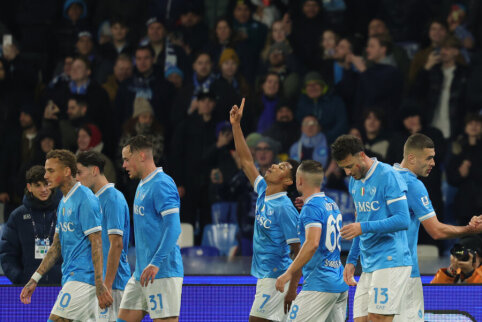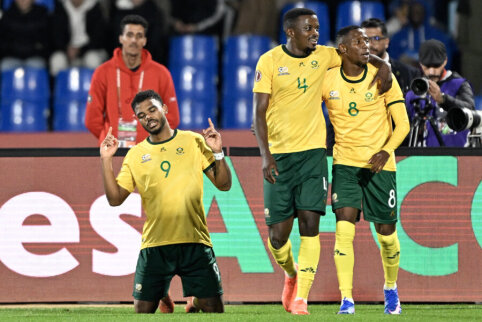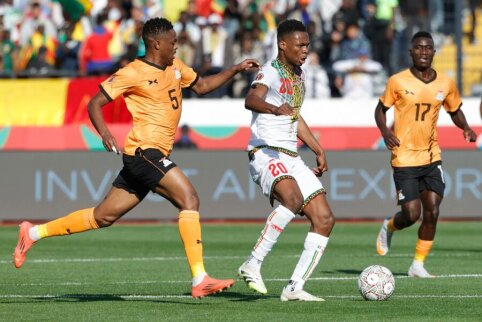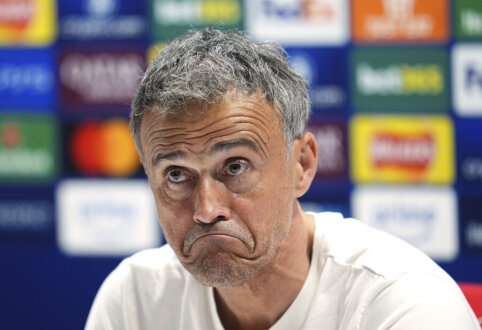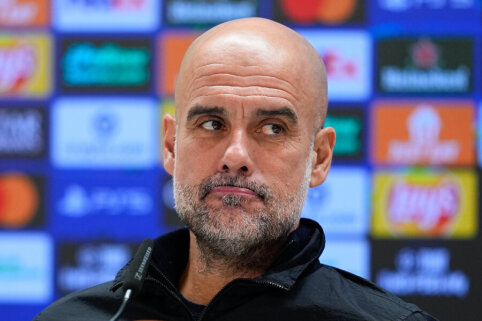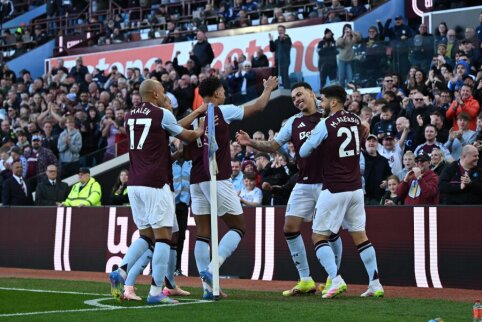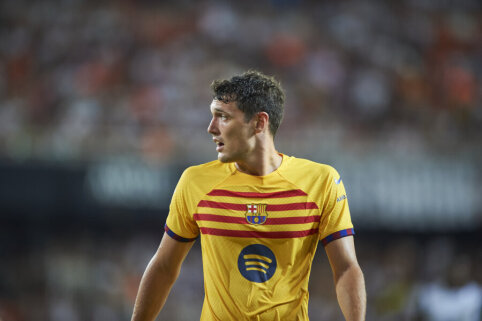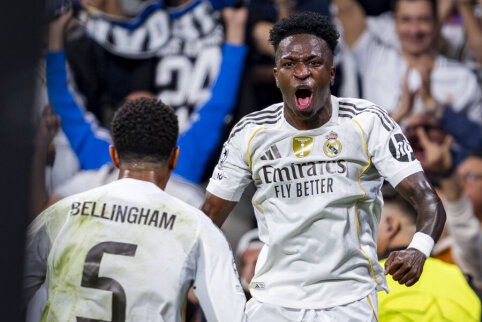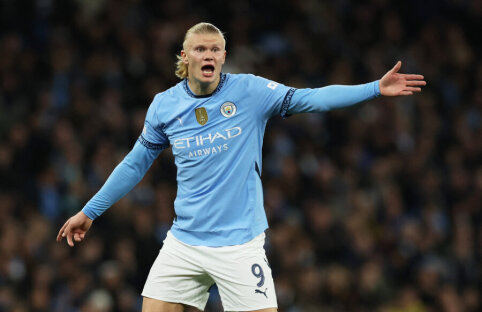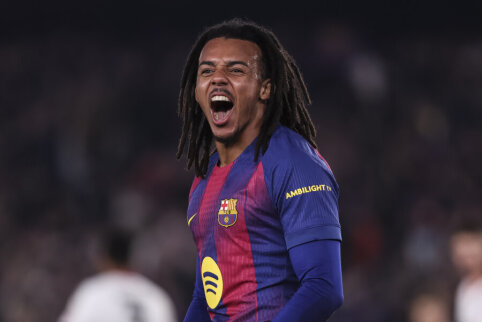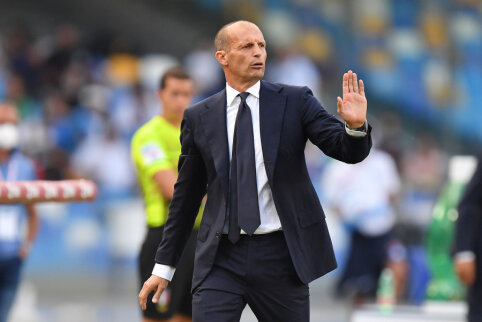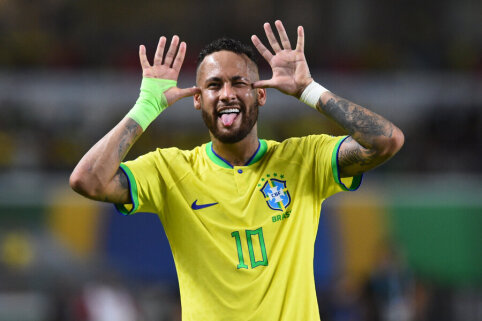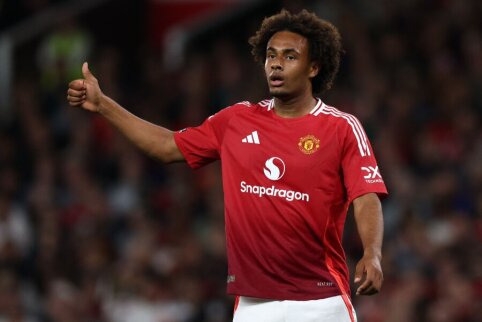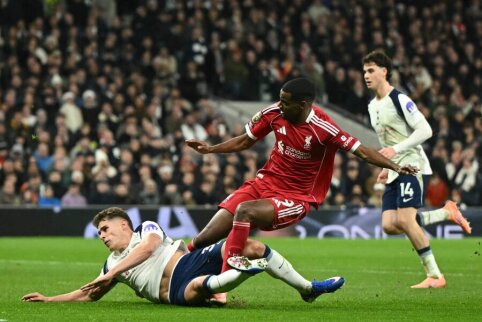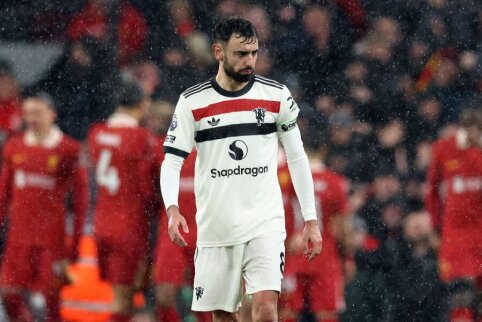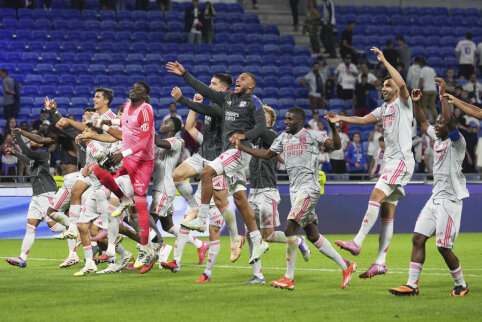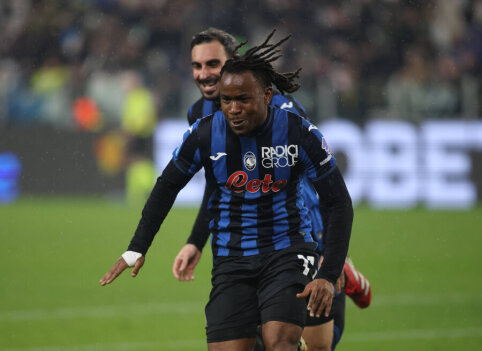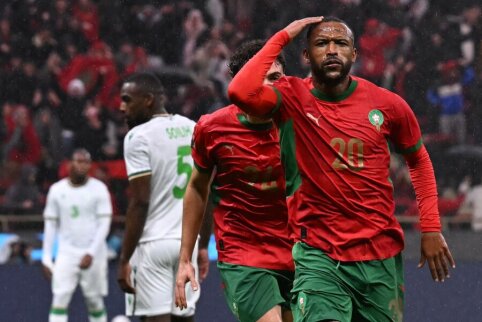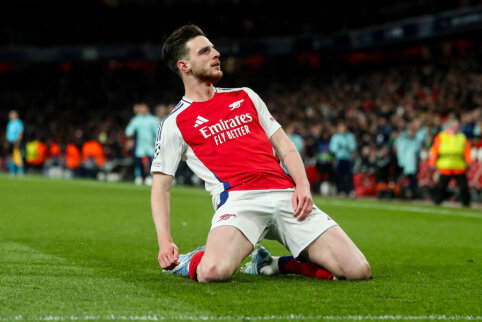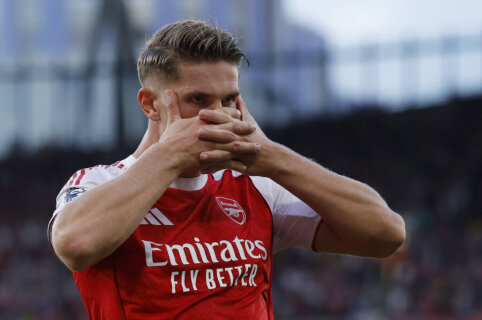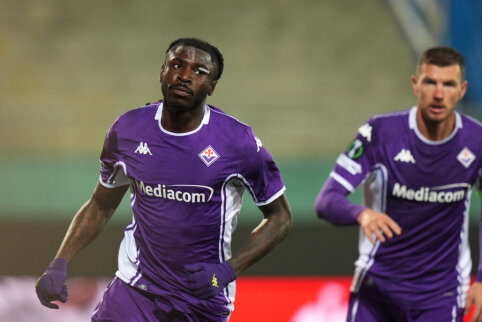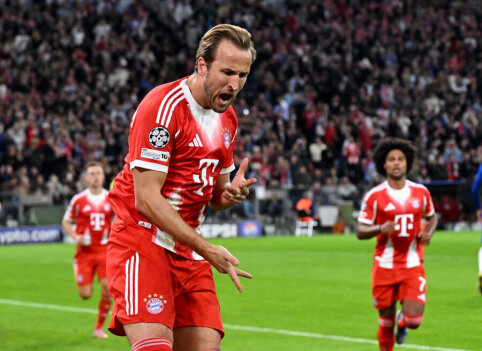 © EuroFootball.com
© EuroFootball.com
Just a few days left until the start of the final stage of the European Championship in Poland and Ukraine, so "EuroFootball.com", relying on insights from the BBC and other experts, presents all participating teams.
First up is Group A, featuring Russia, Czech Republic, Greece, and Poland. Previews of the other groups will be provided every two days.
Group A:
Schedule:
2012/06/08
19:00 Poland - Greece
21:45 Russia - Czech Republic
2012/06/12
19:00 Greece - Czech Republic
21:45 Poland - Russia
2012/06/16
21:45 Greece - Russia
21:45 Czech Republic - Poland
Russia:
How do they play?
Coach Dick Advocaat has recently not shied away from experimenting with the team's lineup. It is likely that in the attack, along with Aleksandr Kerzhakov, Andrei Arshavin will play, with some support from Alan Dzagoev. They should also expect contributions attacking from left-back Yuri Zhirkov.
Russia will also look to take advantage of set pieces, with Sergei Ignashevich and Arshavin identified as specialists in execution.
Possible starting lineup:
Igor Akinfeev, Aleksandr Anyukov, Vasili Berezutski, Sergei Ignashevich, Yuri Zhirkov, Roman Shirokov, Konstantin Zyryanov, Igor Denisov, Alan Dzagoev, Andrey Arshavin, Aleksandr Kerzhakov;
Star:
After an impressive debut season in 2008-2009 with Moscow's CSKA, midfielder Dzagoev was named the best young player in the Russian Premier League. He has already scored 25 goals in over 100 matches, and in the qualifying matches tournament, he managed to beat the opponents' goalkeepers four times.
Coach:
Dutchman Dick Advocaat is a well-known specialist. Although the Dutch under his leadership reached the quarterfinals in the 1994 World Cup and the 2004 European Championships, he is not very popular in his homeland, which still remembers the conflict with Ruud Gullit that arose in 1993.
He has also worked with the South Korean, United Arab Emirates, and Belgian national teams, but his biggest success came with St. Petersburg's Zenit club, with which he won the UEFA Cup in 2008.
European Championship history:
In 1960, the Soviet Union only needed to win three out of four matches to triumph in the continental championship, as Spain refused to travel beyond the Iron Curtain in the quarterfinals. The country also reached the podium in 1964, 1972, and 1988, while in the last championship, they were defeated by Spain in the semifinals.
Czech Republic:
How do they play?
Coach Michal Bilek implemented a tactical change during the qualifying tournament - lately, Tomas Rosicky has been playing behind one of the forwards - either Tomas Pekhart or Milan Baros. Midfielder Jaroslav Plasil remains one of the team's key players, while wingers Jan Rezek and Vaclav Pilar support the attack from the flanks, aided by full-backs Theodor Gebre Selassie and Michal Kadlec. This is a counter-attacking team, with their strength, according to goalkeeper Petr Cech, being the ability to adapt to the opponent.
Possible starting lineup:
Petr Cech; Theodor Selassie, Tomas Sivok, Roman Hubnik, Michal Kadlec; Jaroslav Plasil, Petr Jiracek; Jan Rezek, Tomas Rosicky, Vaclav Pilar; Tomas Pekhart;
Star:
In this team, there aren't many stars, but goalkeeper Petr Cech from London's Chelsea stands out. It was his excellent performance in the qualifying playoff games that helped the Czech Republic keep a clean sheet against Montenegro.
However, he probably remembers the 2008 European Championships when in the quarterfinals, he failed to catch a harmless pass from the flank, allowing Turkey to equalize in the 87th minute. Shortly after, Nihat scored the second goal, and the Czechs were eliminated from the tournament.
Coach:
Michal Bilek took over after the 2010 World Cup qualifying tournament, which ended unsuccessfully for the Czechs. Along with him, former famous player Vladimir Smicer was appointed to managerial duties.
However, working for Bilek is not easy. The fans' expectations are high, and it's not easy to replace legendary figures like Pavel Nedved, Patrik Berger, Karel Poborsky, and Jan Koller.
At one point, 96% of Czechs in surveys said they wanted Bilek fired, but the players remained loyal and sang songs mocking the critics after the triumph against Montenegro. The national federation later punished the team for the extravagant behavior at the airport.
European Championship history:
The Czechs reached the fifth European Championship finals in a row after splitting with Slovakia. In 1996, the Czech Republic played in the final but lost to Germany in extra time.
The only time this team managed to advance beyond the group stage was in 2004 when they reached the semifinals, but were defeated by the eventual champion, Greece.
Greece:
How do they play?
Under Portuguese manager Fernando Santos, the Greek national team has slightly changed its playing style. According to former defender Stelios Giannakopoulos, they are now trying to build attacks from the defense, while in 2004, European Champions manager Otto Rehhagel's gameplay relied more on long passes. However, the main strength of the Greeks is their teamwork.
Possible starting lineup:
Kostas Chalkias; Sokratis Papastathopoulos, Avraam Papadopoulos, Kyriakos Papadopoulos, Jose Holebas; Kostas Katsouranis, Giannis Maniatis, Giorgos Karagounis; Sotiris Ninis, Fanis Gekas, Georgios Samaras.
Star:
The Greek national team has never been known for creative attacking midfielders, so the severe injury experienced by Sotiris Ninis in 2011 was a major blow.
Despite this, the Greeks managed to qualify for the tournament and defeated the favorite, Croatia, in the qualifiers. The 22-year-old Ninis returned to the field in March and recently signed a contract with the "Parma" club.
Coach:
57-year-old Santos had the task of replacing the legendary Rehhagel, but at least so far, he has not encountered major difficulties.
The Portuguese manager is familiar with Greek football, having worked with Athens' AEK, Athens' Panathinaikos, and Thessaloniki's PAOK clubs. With an education in telecommunications engineering, the specialist who coached clubs like Porto, Benfica, and Sporting in his homeland was often nicknamed "The Mechanic."
Under Santos' guidance, the Greek national team went unbeaten in 17 consecutive matches, a streak that ended on November 15 last year in Romania.
European Championship history:
Prior to the 2004 European Championships, the Greeks' chances were rated 1 in 100, but Rehhagel's protégés managed to triumph and secure the greatest victory in history. In 1980 and 2008, the team also qualified for the European Championship but failed to secure a single victory.
Poland:
How do they play?
Experienced coach Franciszek Smuda boldly calls up players to the national team who play abroad. By including players with Polish roots from the French and German leagues, he has assembled an energetic team capable of surprising Argentina and Germany in friendly matches. The defensive line is mostly built to destroy, while the attack relies on Robert Lewandowski.
Possible starting lineup:
Wojciech Szczesny; Lukasz Piszczek, Damien Perquis, Marcin Wasilewski, Jakub Wawrzyniak; Dariusz Dudka, Adrian Mierzejewski; Jakub Blaszczykowski, Eugen Polanski, Ludovic Obraniak; Robert Lewandowski.
Star:
Without a doubt, it's Lewandowski. The striker was named the best player of the last season of the German league after scoring 30 goals and providing 8 assists in all competitions.
Lewandowski made his debut in the national team during the qualifying matches for the 2008 World Cup and scored his first goal in less than 10 minutes of play. The team's success will depend on this player's form, as the coach does not have any other forwards of his caliber.
Coach:
Smuda took over in 2009, replacing Leo Beenhakker. The first promise of the coach was to rejuvenate the squad and demonstrate an attacking style of play, but the beginning was not promising - in 2010, there was a series of eight consecutive losses and a crushing 0-6 defeat to Spain.
Complaining that the national team did not have enough player options, he made controversial decisions to invite players born in France - Damien Perquis and Ludovic Obraniak, who have Polish grandparents, as well as Eugen Polanski and Sebastian Boenisch. The latter two left Poland in childhood and have represented Germany in youth teams.
Smuda's biggest achievement was reaching the Champions League quarterfinals with Lodz's Widzew in 1996.
European Championship history:
They have only participated once - in 2008, they failed to advance beyond the group stage.
Subjective forecast:
1. Czech Republic
2. Poland
3. Russia
4. Greece
